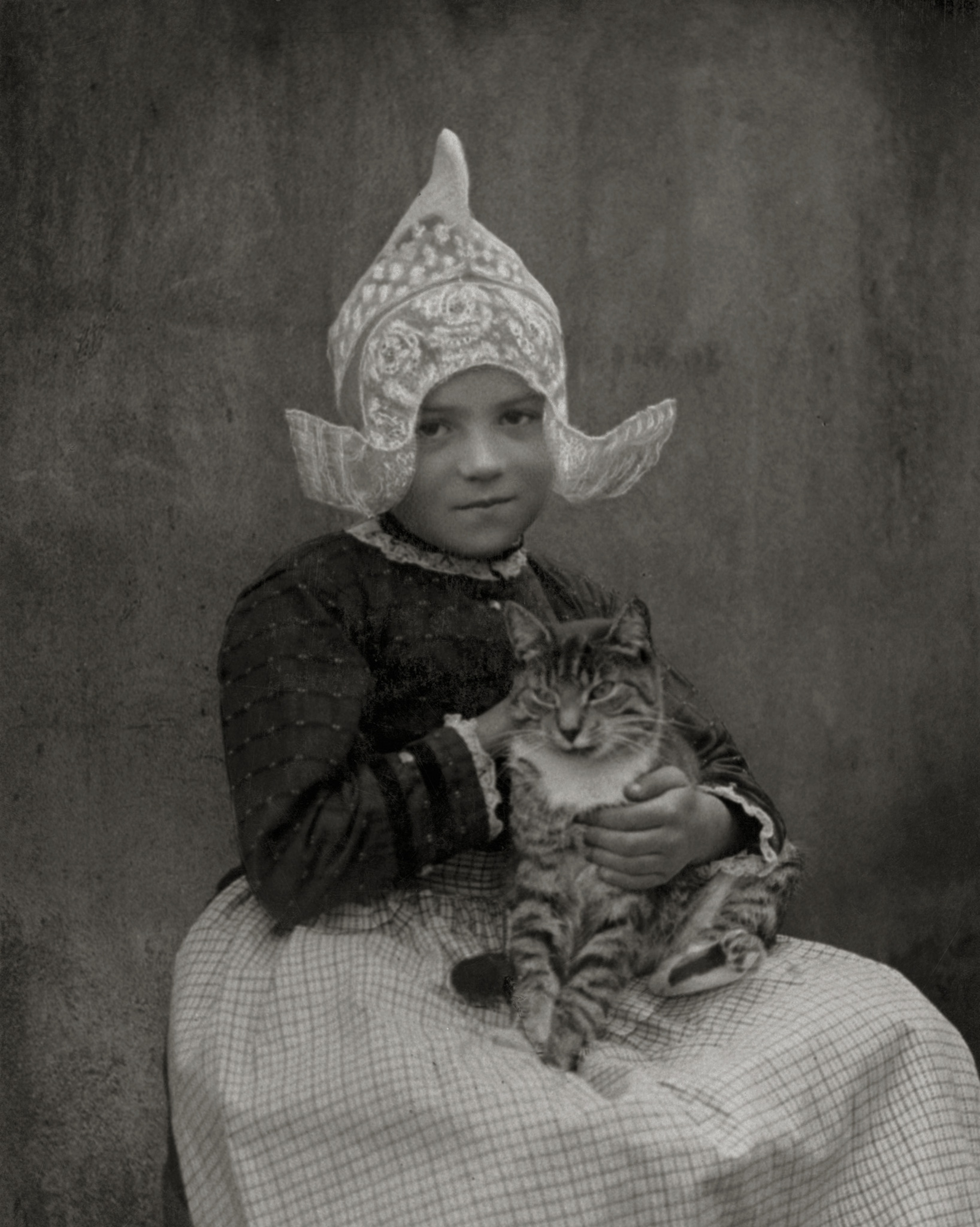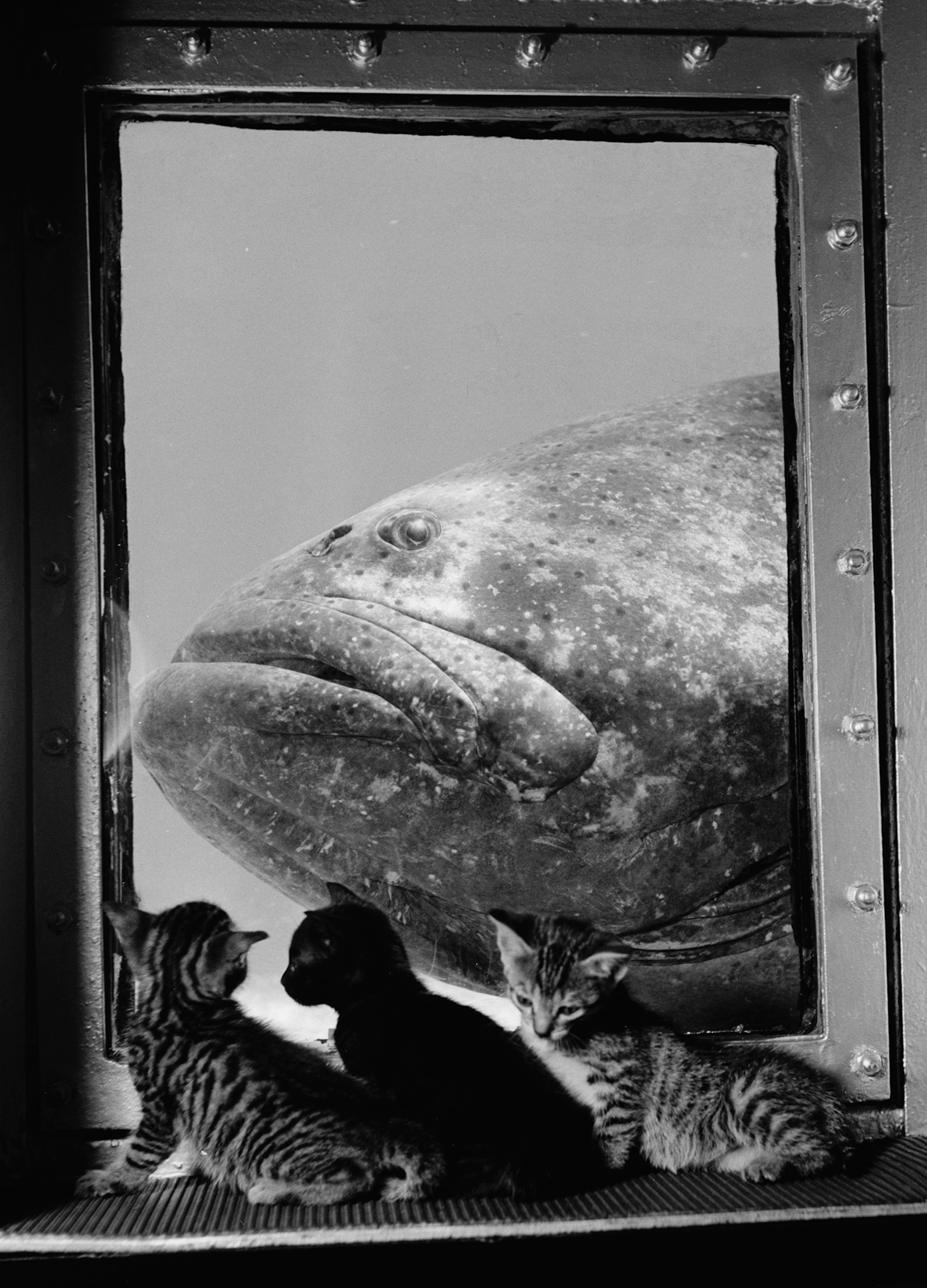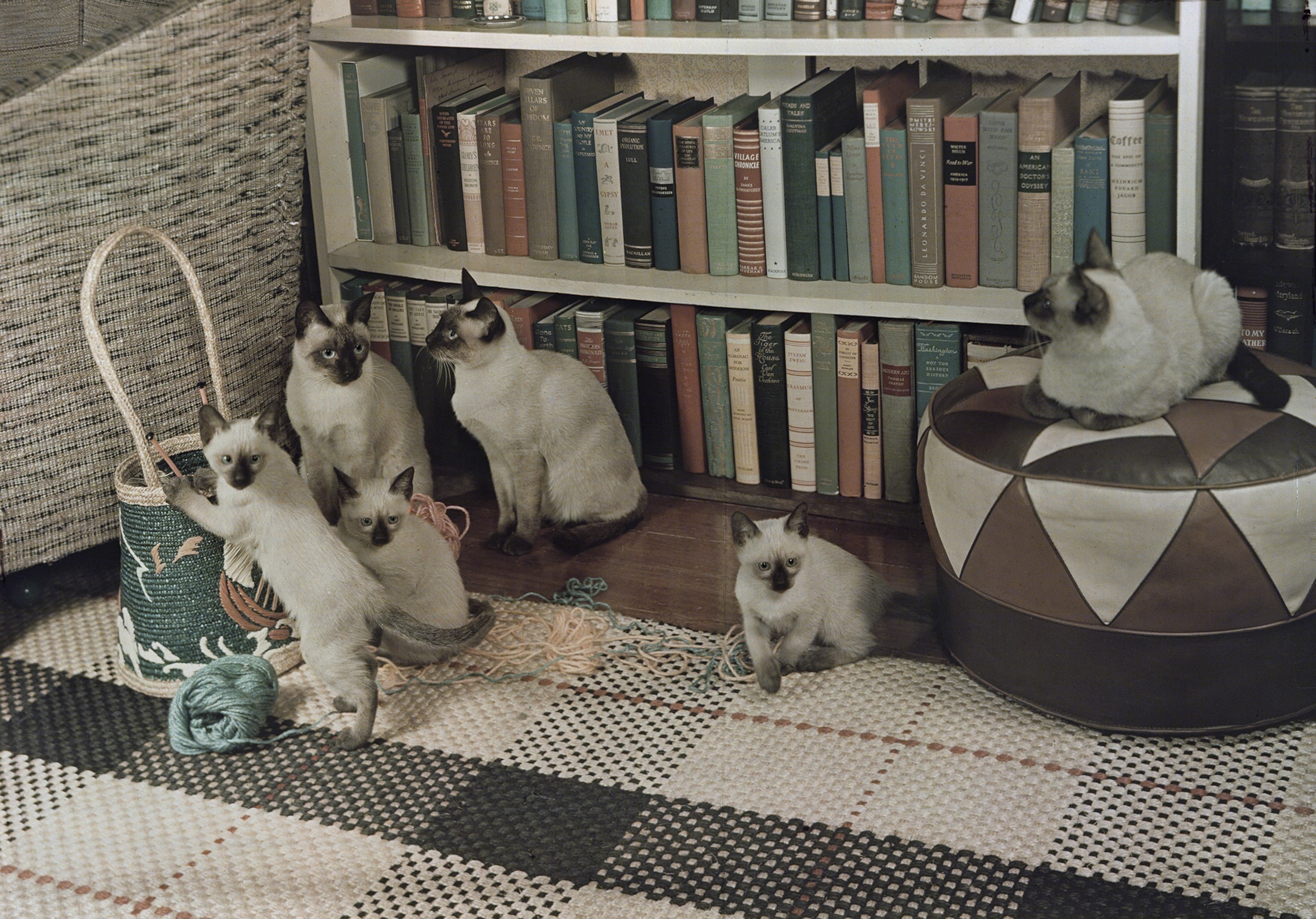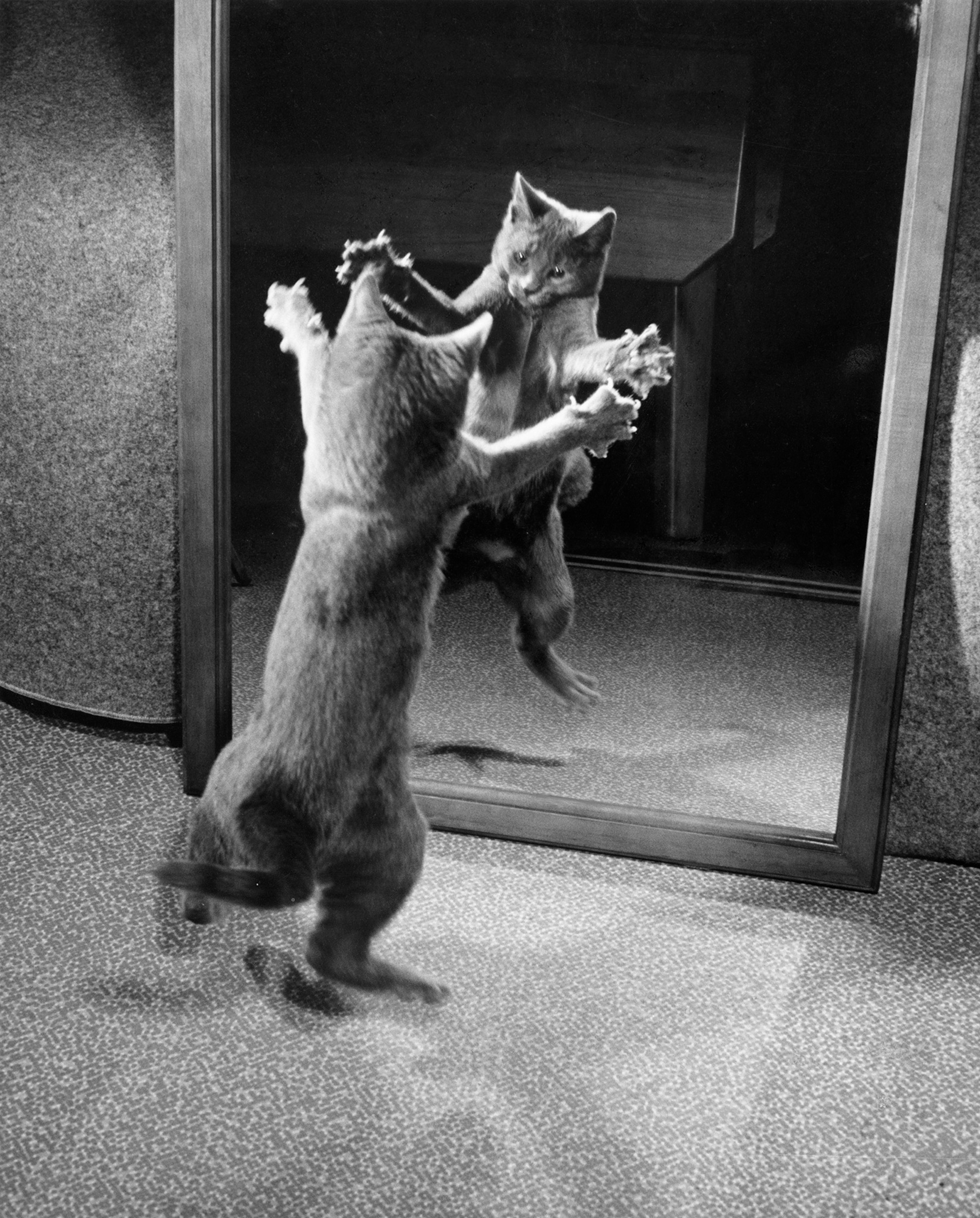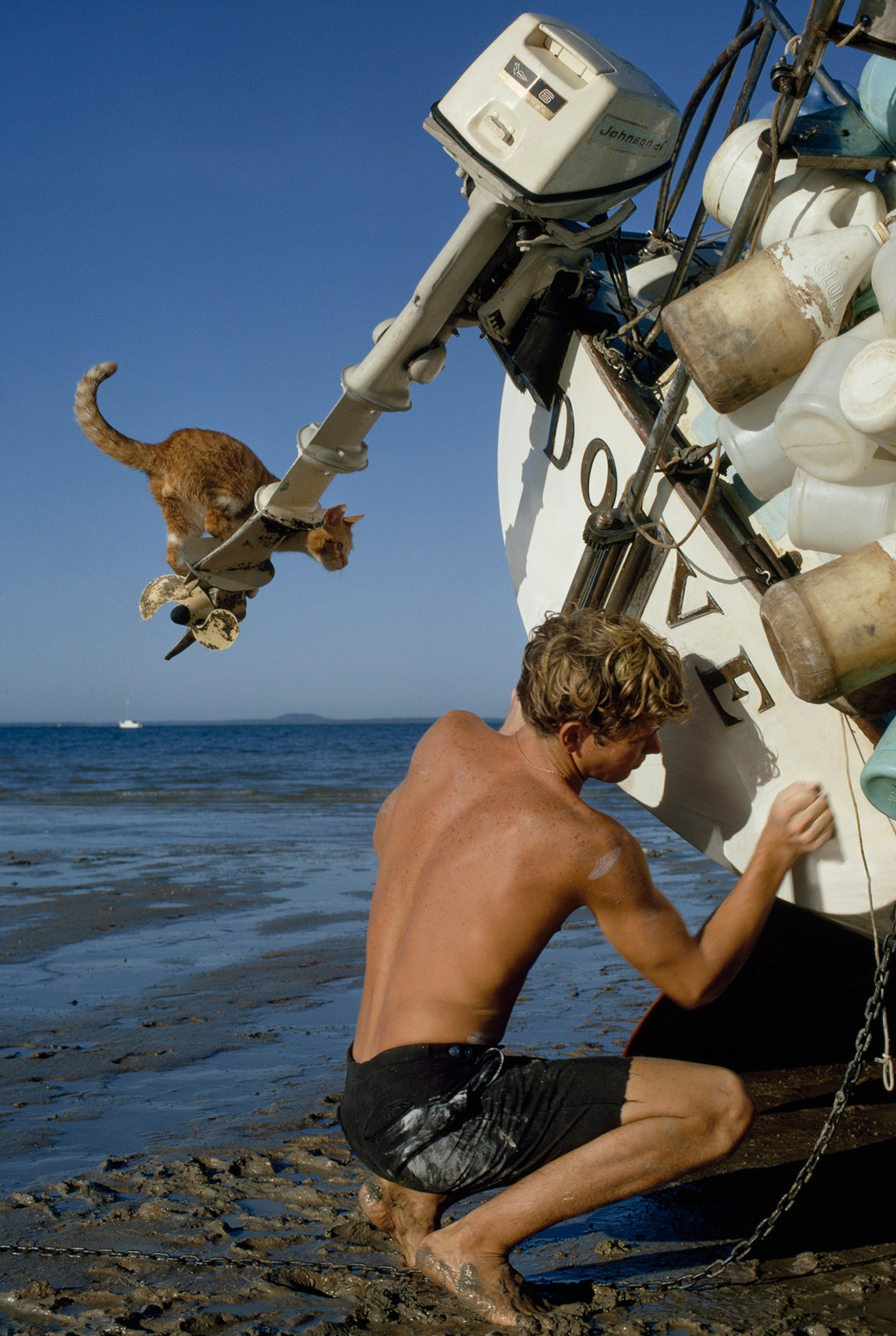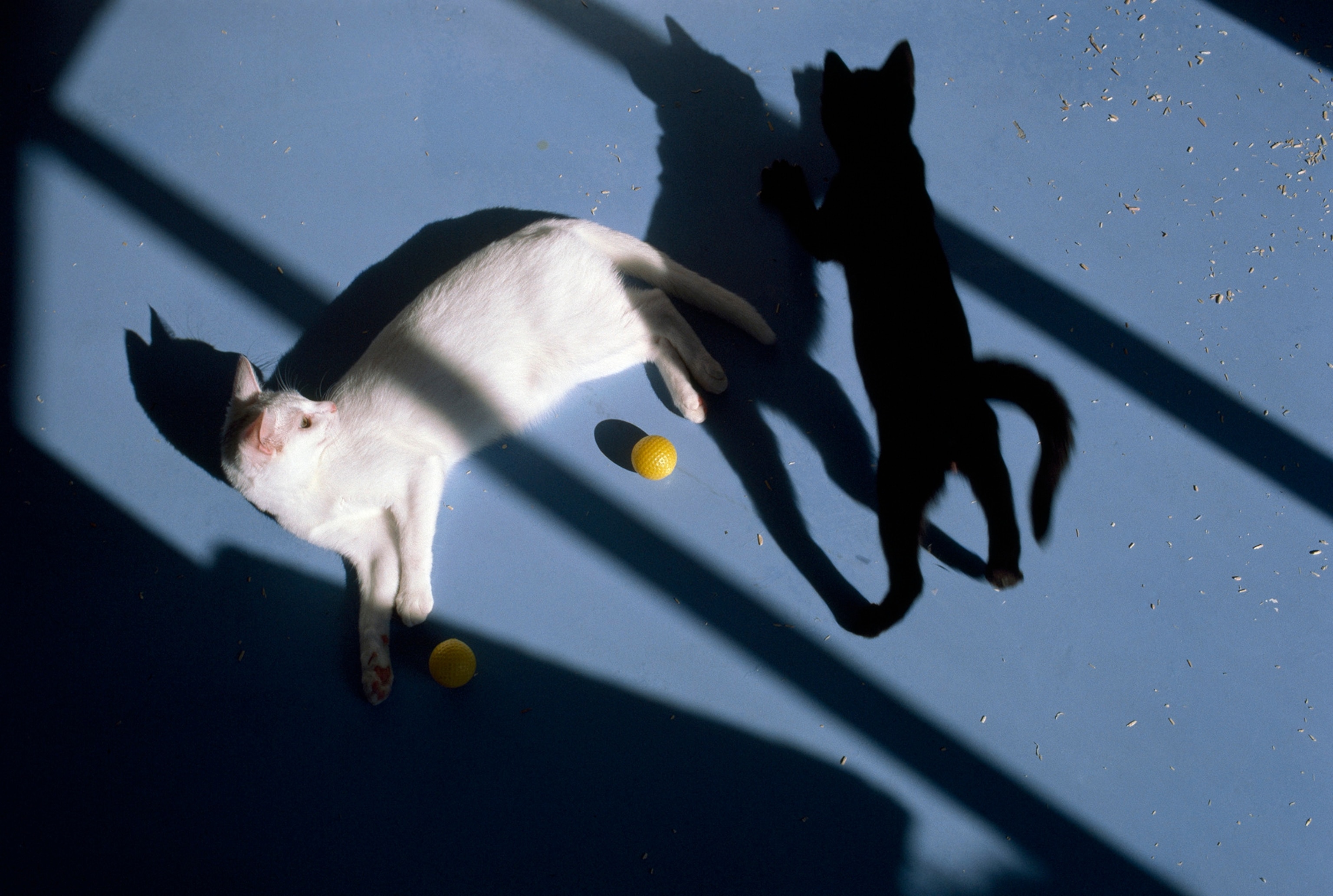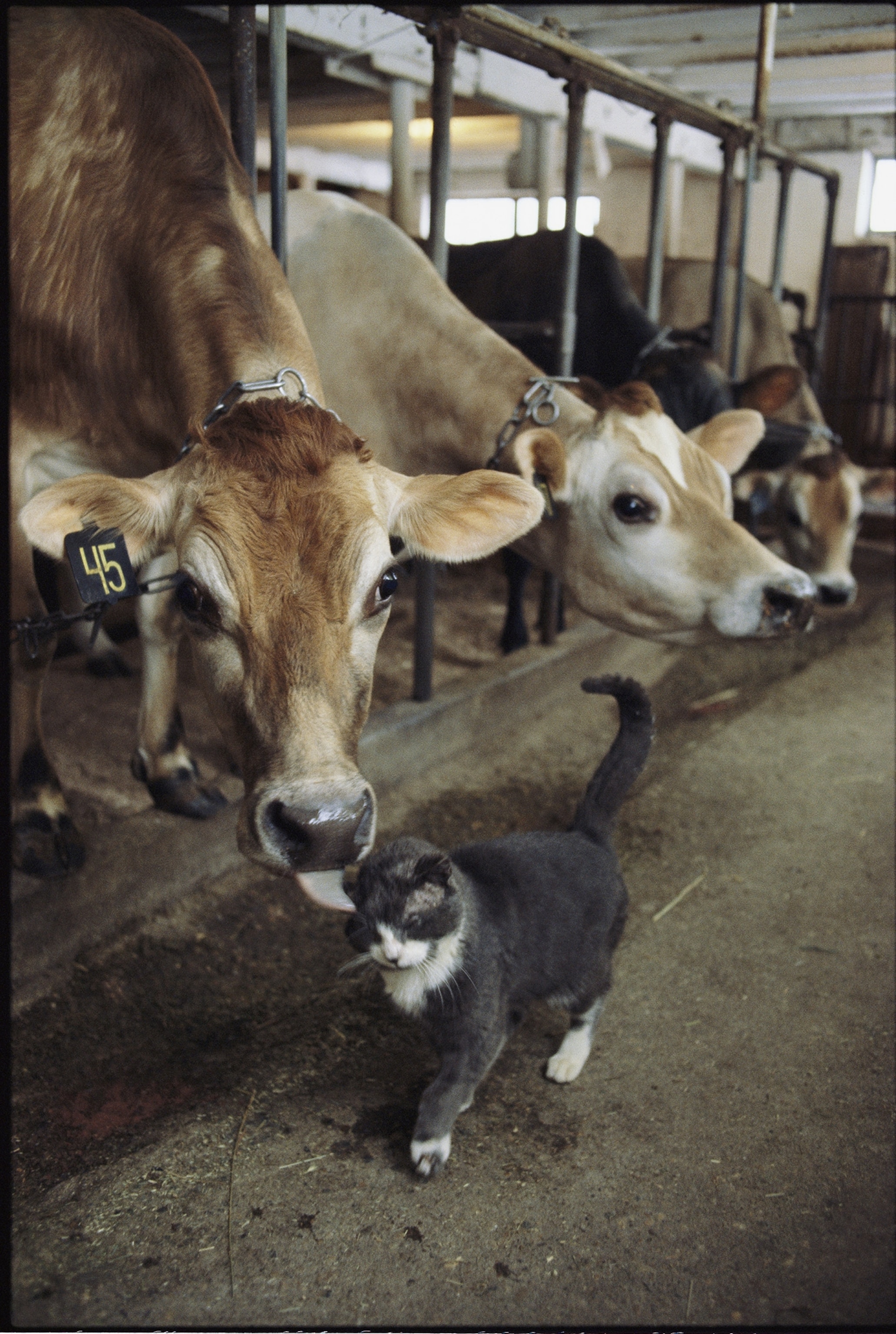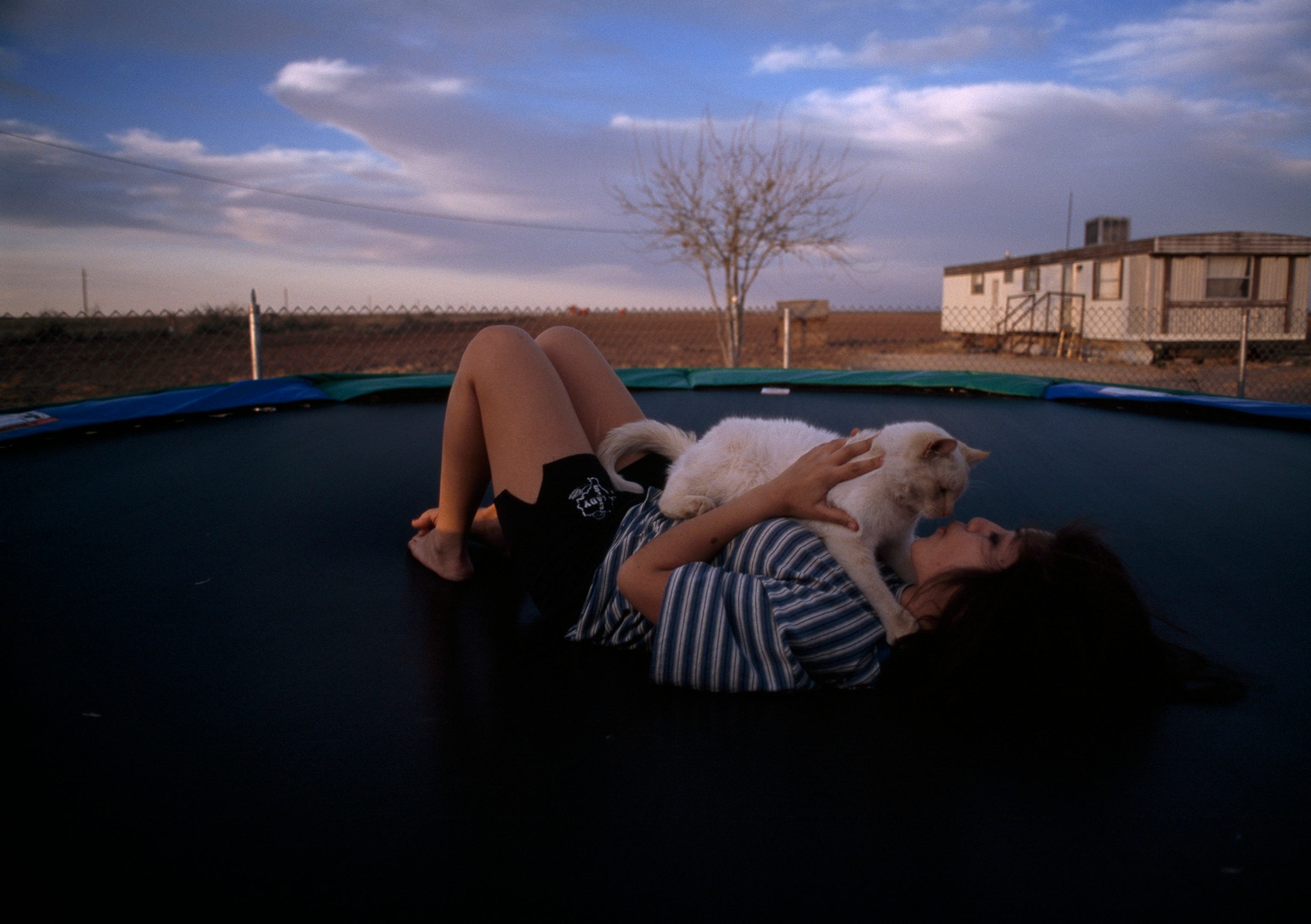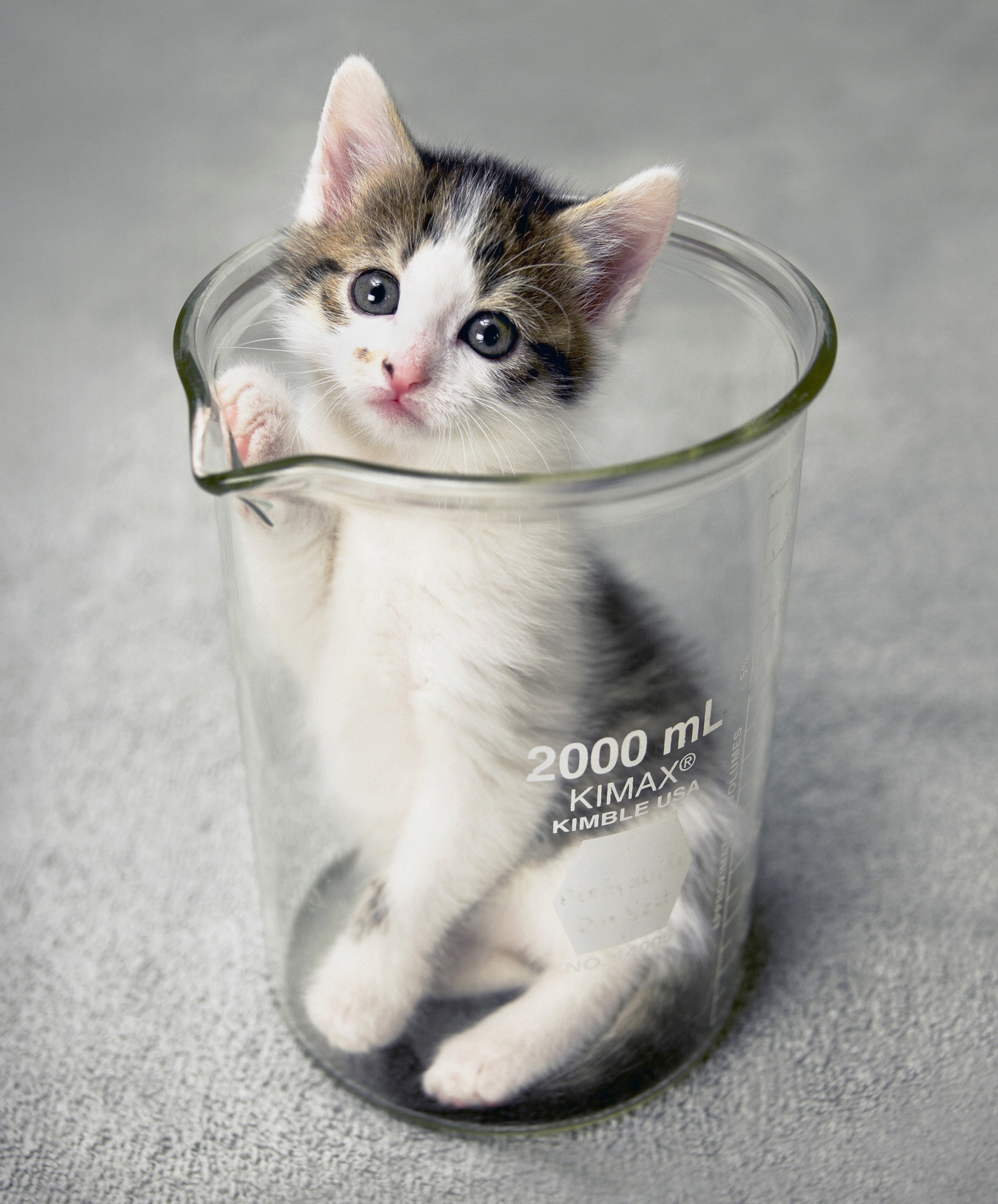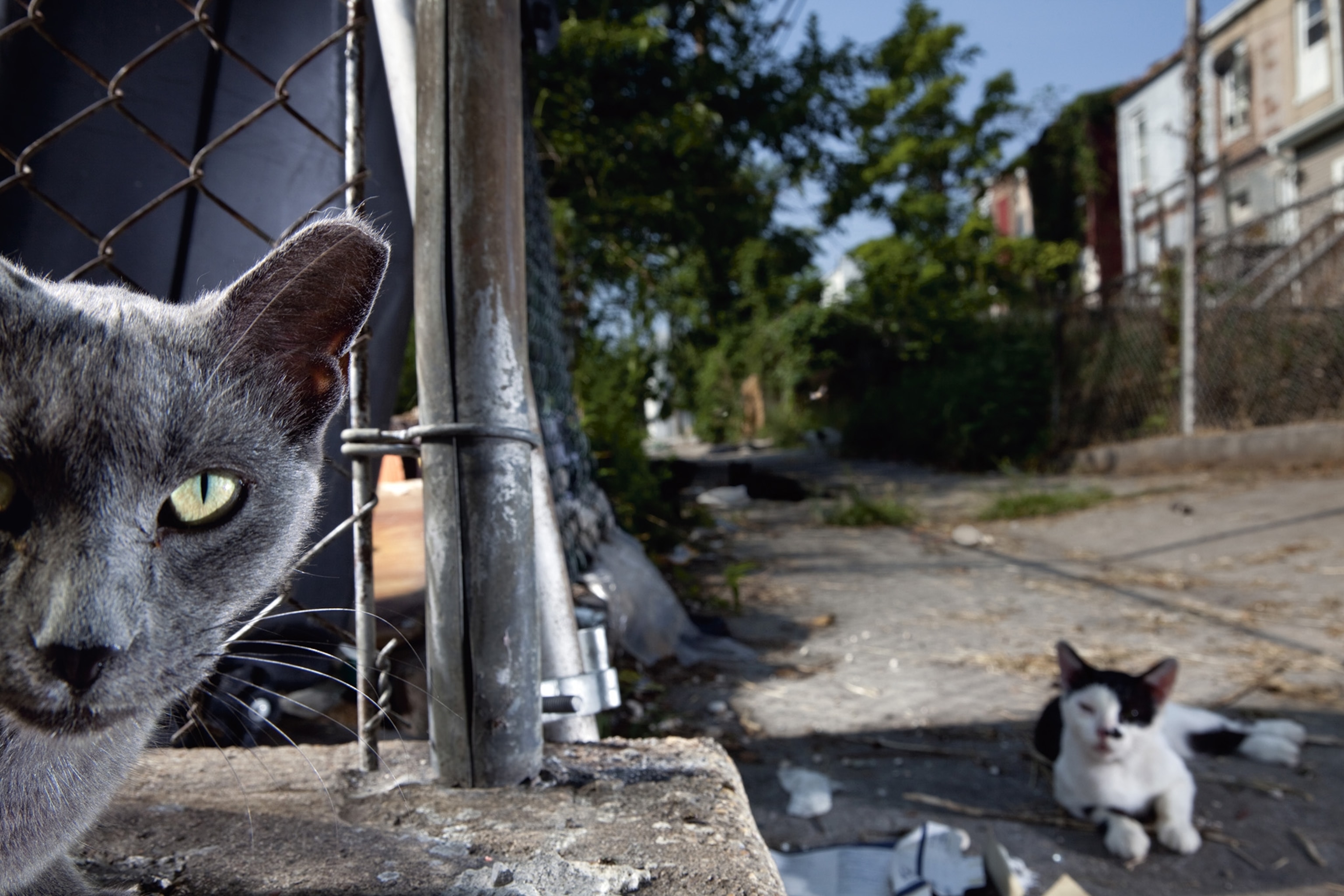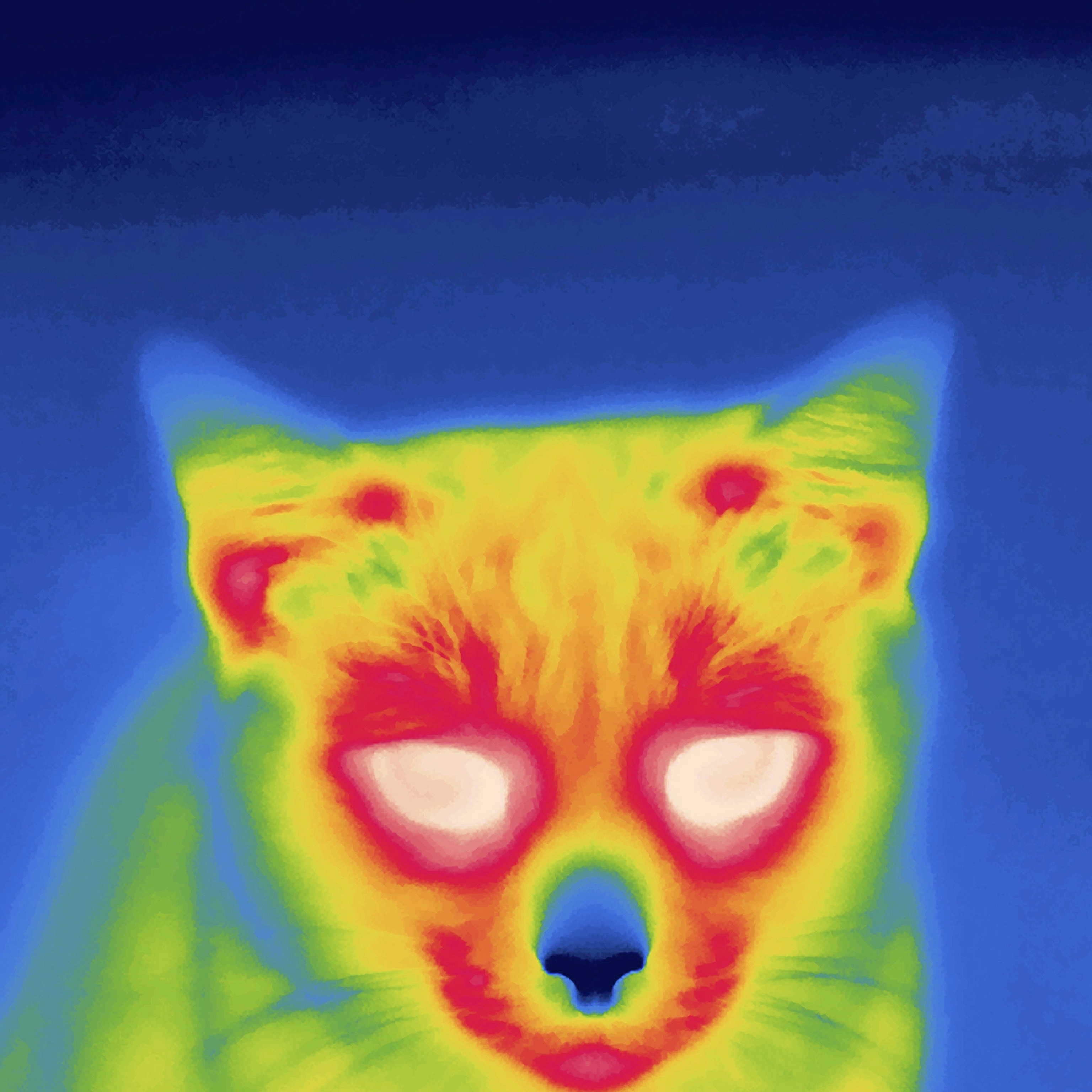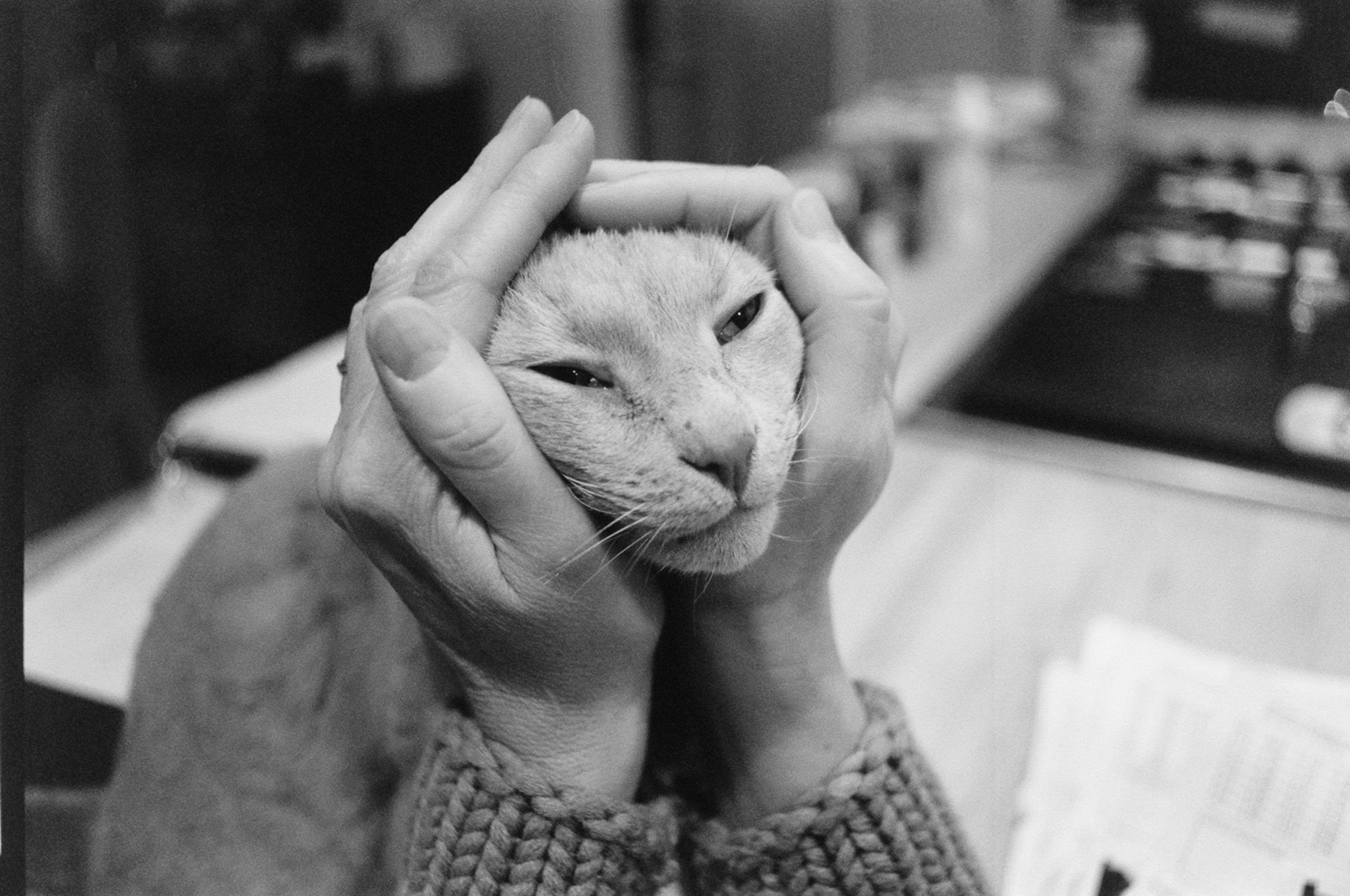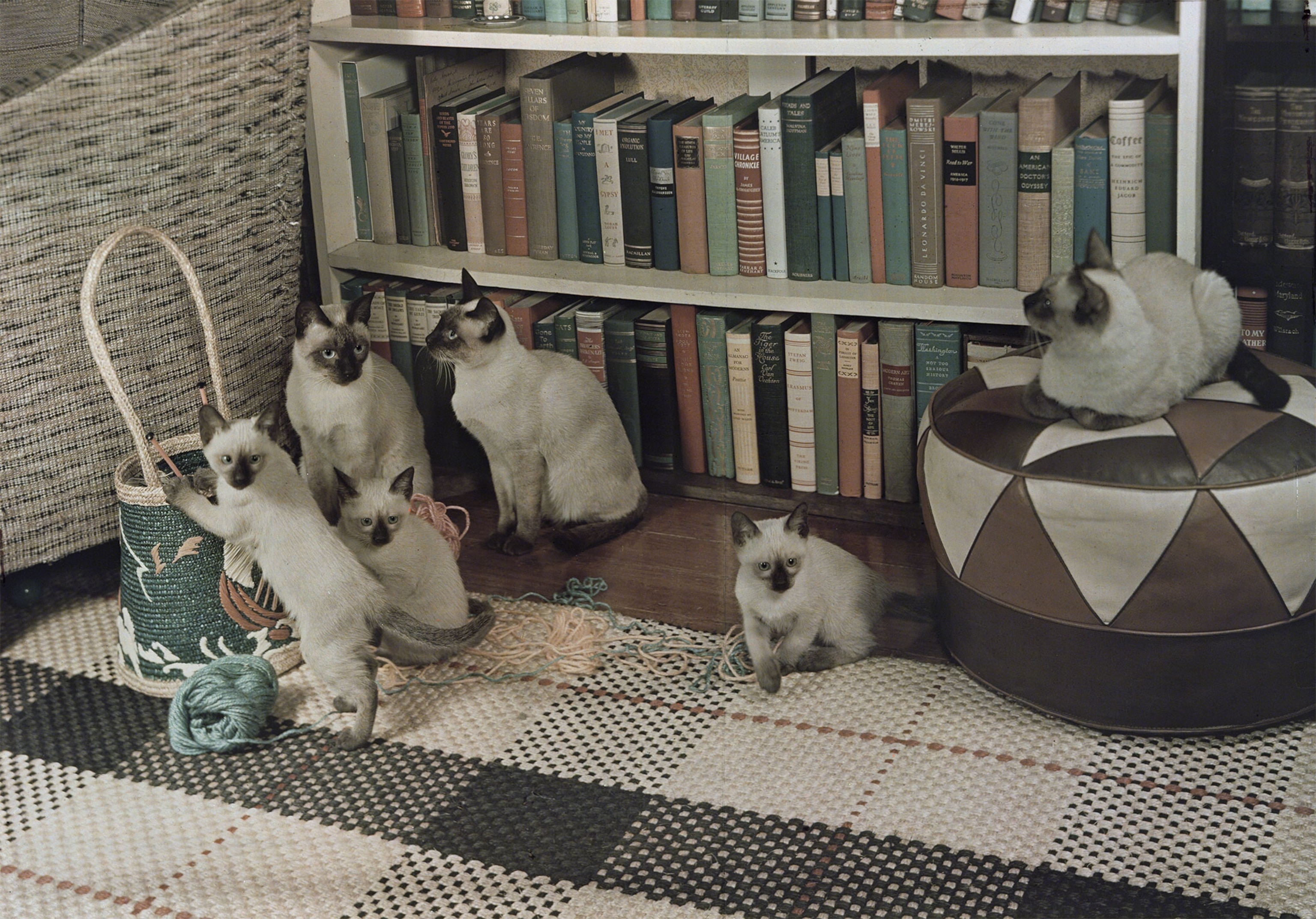
Can Cats Recognize Their Grandparents?
Some felines and many other animals can likely sniff out their kin—but what they think of them is another matter.
Heartwarming videos of animal reunions abound, from dog siblings who met again as adults to a rescued elephant reconnected with her mother in Thailand.
But do animals really recognize their relatives? We decided to pair Jomar Borromeo's question to Saturday's Weird Animal Question of the Week with Tugba Avsar's more specific query "Do [domestic] cats recognize their grandmother or grandfather?"
Feline Family
Since they wouldn't have it any other way, we'll start with the cats.
John Bradshaw, a cat behavior expert at the U.K.'s University of Bristol, says via email that most pet cats likely will never meet their "grandparents."
Feral cat colonies, on the other hand, are "based around multigenerational cooperation between females—grandmother, her daughters, [and] their kittens." Male cats are not involved in raising young.
But "once separated from their mother, kittens seem to lose their memory of her quite quickly, and generally fail to recognize her if reunited," Bradshaw says. (Read an interview with Bradshaw about what cats really think about us.)
Encountering its mother or grandmother later in life, a cat may recognize their scents as familiar—but likely won't see either as family in the way we think of it.
This is called prior association. Another way cats and other animals recognize each other is referred to as phenotype matching, which involves learning family traits—such as a distinctive smell—at a young age, creating a baseline with which they can compare other animals later.
"This way animals can 'recognize' previously unfamiliar kin, such as a cousin or paternal half-sibling, even though they didn't grow up with them," says Jill Mateo, an expert in kin recognition at the University of Chicago.
Sibling Love
Some animals need to know their relatives because they rely on them to survive or reproduce.
For instance, Mateo has found Belding's ground squirrels can relearn the smell of their siblings even after being separated for months during hibernation. This is particularly crucial for Belding's ground squirrel sisters, which stick together for protection against predators in their native California.
Others have to know family in order to avoid them—and inbred offspring.
That's exactly why female feral cats can recognize their male relatives enough to avoid mating with them, research shows.
Can You Hear Me Now?
Though many animals sniff out family, visual and vocal cues can be used as well.
Jason Bruck, also at the University of Chicago, has shown that bottlenose dolphins can remember the signature whistles of related and even unrelated dolphins after 20 years of separation. (Related: "Dolphins Have Longest Memories in Animal Kingdom.")
As for those animal-reunion videos, they do show genuine recognition, but not all animals show their reactions that strongly. Mateo has also studied golden mantled ground squirrels, which recognize kin but don't react in an obvious way.
We're guessing that cats wouldn't either. A University of Tokyo study showed pet felines can distinguish the voice of their owner from other human voices, but react as if they don't care.
And why should they? They already own the Internet.
